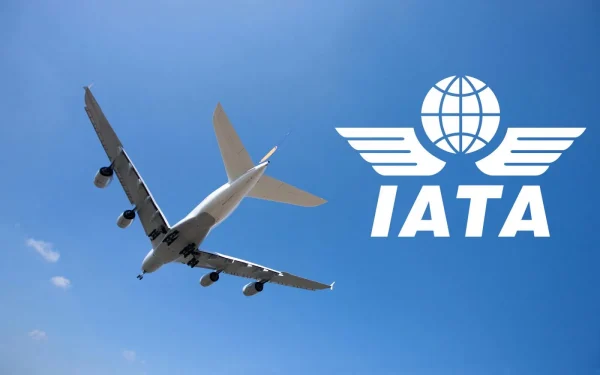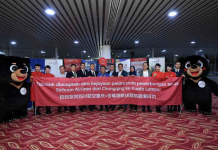PARIS, 7 June 2022: The International Air Transport Association (IATA) called for holistic reforms to manage the long-term need for a stable talent base for the ground handling sector.
Thousands of ground handling staff left the aviation industry during the pandemic. Now, as aviation ramps up, the severe shortage of skilled ground handlers is shedding light on the need for reform to stabilize the talent pool.

In the immediate term, the most pressing issue is the bottleneck for security clearances as the airline industry prepares for the peak northern summer season. IATA urges the ground handling sector to adopt a stronger talent acquisition strategy; streamline onboarding processes, and develop a more compelling retention proposition.
“The peak northern summer travel season is fast-approaching, and passengers are already experiencing the effects of bottlenecks in getting security clearances for staff at the airport. Additional resources are needed to accelerate the processing times for employment security clearances which can be six months in some markets. The shortages we are experiencing today are a symptom of the longer-term challenges to achieve a stable talent base in ground handling,” said IATA’s senior vice president for operations, safety and security, Nick Careen.
At IATA’s recent Ground Handling Conference, the association proposed a comprehensive approach to recruitment, onboarding, and retention:
Recruitment
Attracting fresh talent is critical. This is made more challenging by perceptions created in the pandemic with the critical retrenchment of large numbers of staff, including those in ground handling.
More efficient onboarding processes
Training and security clearance for new staff can take more than six months. More efficient and expedited onboarding will allow the sector to adapt quickly to demand changes, including seasonal ones.
IATA recommends
A greater focus on competency-based training; moving to more online training and assessments will improve onboarding speed, flexibility, and efficiency.
Mutual recognition by authorities of security training and employee background records will expedite onboarding and reduce redundant processes.






